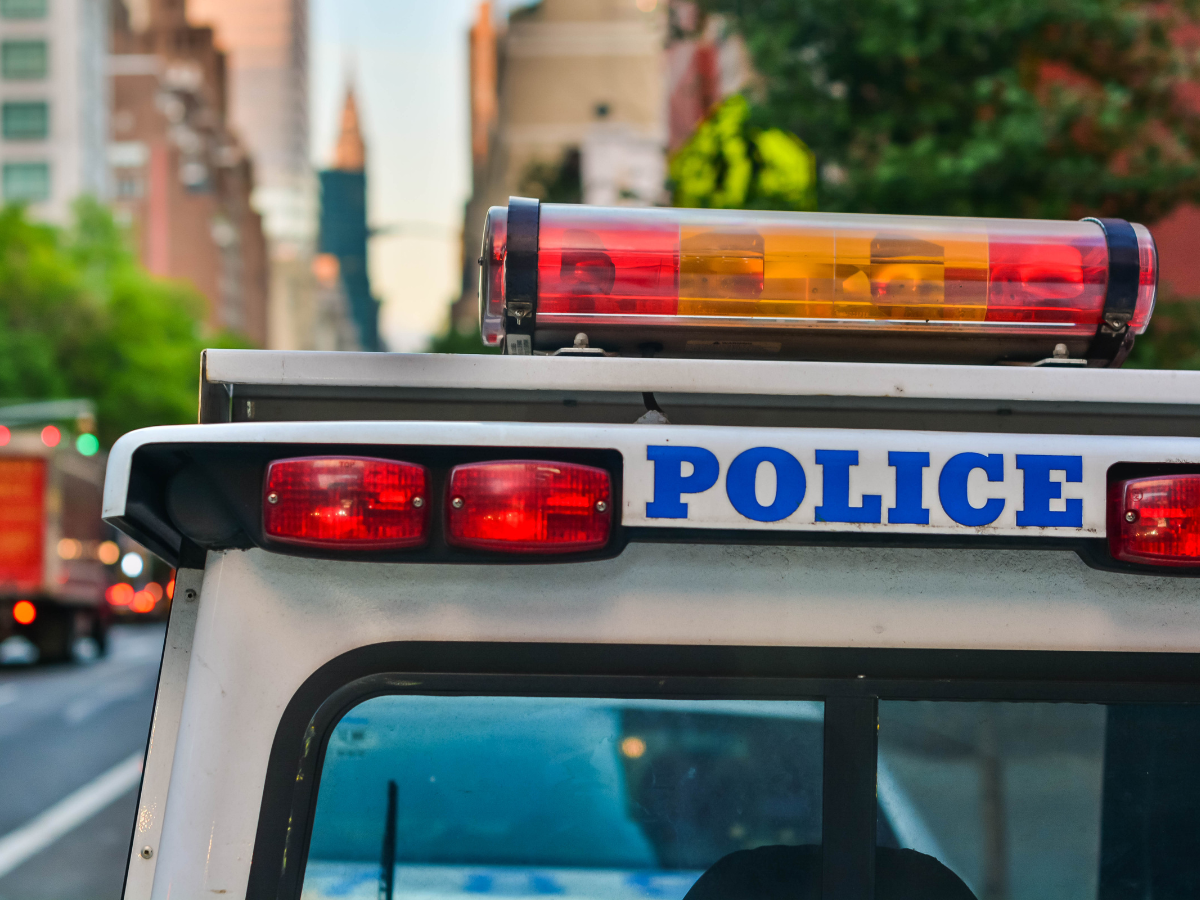In recent years, the landscape of NYPD disqualifications has undergone a significant shift, with a notable surge in cases related to marijuana use. The changing legal status of marijuana has added complexity to the screening process, leading to an increased number of applicants facing disqualifications. Understanding the nuances of the appeal process is paramount for individuals navigating these challenges. As marijuana laws evolve, potential recruits find themselves in a delicate situation, necessitating a comprehensive grasp of the appeal mechanism to contest disqualifications effectively. To learn more about NYPD weed disqualifications, continue reading below to read about our police disqualification lawyers.
Does NYPD Still Test for Weed?
The NYPD’s unwavering stance on marijuana use is rooted in a commitment to maintaining public trust, safety, and the highest standards of law enforcement. The department views marijuana use as incompatible with the rigorous demands of policing, citing concerns about impaired judgment and compromised decision-making. So, yes, the NYPD still conducts drug tests.
What Drug Test Does NYPD Do?
The NYPD employs a comprehensive drug testing protocol as part of its rigorous screening process for potential candidates. Prospective officers undergo urine drug testing to detect the presence of controlled substances. This method is a standard procedure that allows for the identification of various substances, including marijuana, cocaine, amphetamines, and opiates. In addition to urine drug testing, the NYPD may also employ hair drug testing as part of its comprehensive screening process for prospective officers. Hair drug tests offer a longer detection window compared to urine tests, potentially spanning several months. This extended time frame allows for a more thorough examination of an individual’s substance use history. The inclusion of hair drug testing underscores the NYPD’s commitment to a meticulous and multi-faceted approach to ensuring the integrity and suitability of its law enforcement personnel. Prospective candidates should be aware that the NYPD utilizes various testing methods, including hair analysis, to maintain a robust and stringent screening process that aligns with the department’s dedication to upholding the highest standards of public safety and law enforcement excellence.
Can NYPD Smoke Weed Off Duty?
No, the NYPD maintains a strict policy prohibiting officers from using marijuana, even during their off-duty hours. The department’s stance is aligned with its commitment to maintaining public trust, safety, and the highest standards of law enforcement. While the legal landscape regarding marijuana use has evolved in some jurisdictions, the NYPD maintains a steadfast position against its officers partaking in recreational or medicinal marijuana consumption.
What Is the Mini-Medical Drug Test in the NYPD?
The mini-medical drug test, officially known as the Mini Medical/Mini Psychological Assessment (MM/MPA), is a crucial component of the NYPD’s comprehensive screening process for potential candidates. It is a condensed medical and psychological evaluation designed to assess an applicant’s overall health and mental fitness for the demanding responsibilities of a law enforcement officer.
More About Disqualification Appeals
In conclusion, navigating NYPD weed disqualifications requires a nuanced understanding of the stringent criteria set by the department. We’ve delved into the NYPD’s unwavering stance on marijuana use, the specific criteria leading to disqualifications, and the evolving landscape of marijuana legislation. As individuals find themselves facing the challenge of disqualification, it’s imperative to stay informed and take decisive steps toward appealing the decision. In the face of a disqualification, seeking legal advice becomes paramount. Reaching out to experienced legal professionals well-versed in NYPD disqualification appeals can make a significant difference. By doing so, individuals can present a compelling case that addresses concerns and highlights efforts toward rehabilitation. Contact us today to learn more about our psychological disqualification appeals, medical disqualification appeals, and character disqualification appeals.

